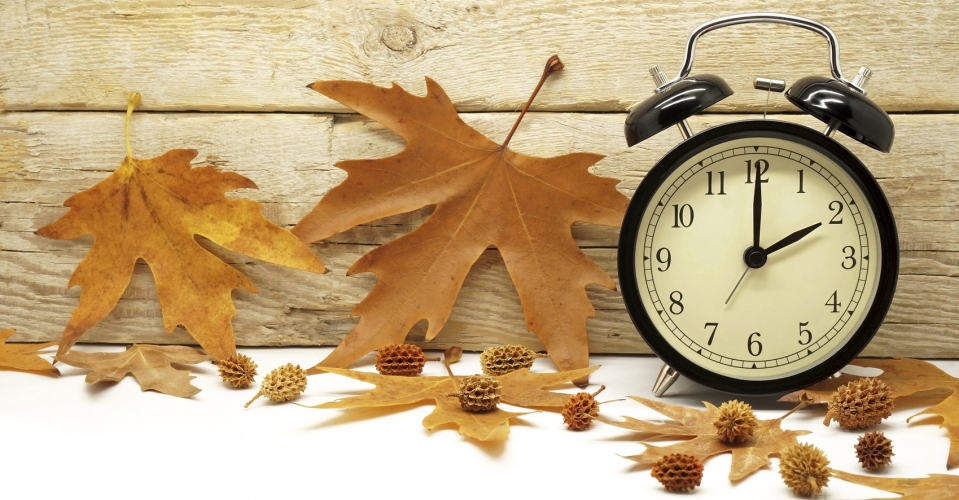
Daylight saving time is on its way, and while many of us will be celebrating the extra hour of sleep it brings, it’s important to remember the implications “falling back” could have on your day-to-day routine.
Driving in the Dark
Because it gets darker earlier, drivers will often find themselves traveling home after the sun has set. The National Road Safety Foundation has found that auto accidents increase after the time change due to lack of visibility and drowsiness. It’s important to factor in these considerations before you get into the car.
Home Considerations
Think about how your house looks when you get home after dark. Do you have timers or motion sensitive lights? Think about installing them now.
Safety Checks
Daylight saving time is also a good time to perform your regular safety tasks. When you change your clocks, make sure you also:
- Check your air filters and heaters.
- Check and replace the batteries in your smoke detectors and carbon monoxide alarms. As the weather cools down, an increase in use of gas-fired furnaces, fireplaces, portable heaters, etc. can increase the risk of carbon monoxide poisoning.
- Check to see if your fire extinguishers need recharging.
- Check your emergency kit. Throw out old items and prepare for winter.
